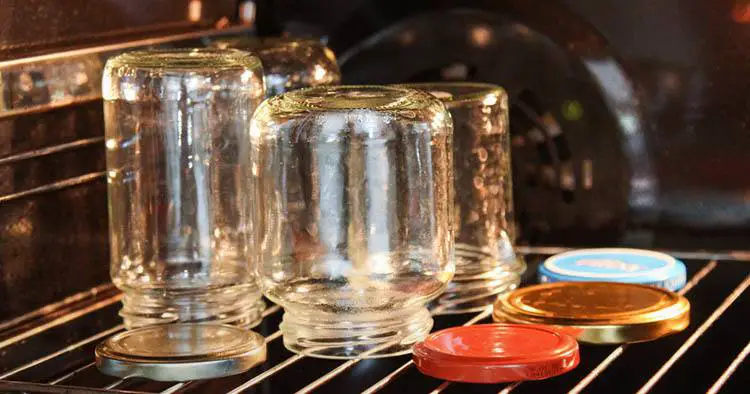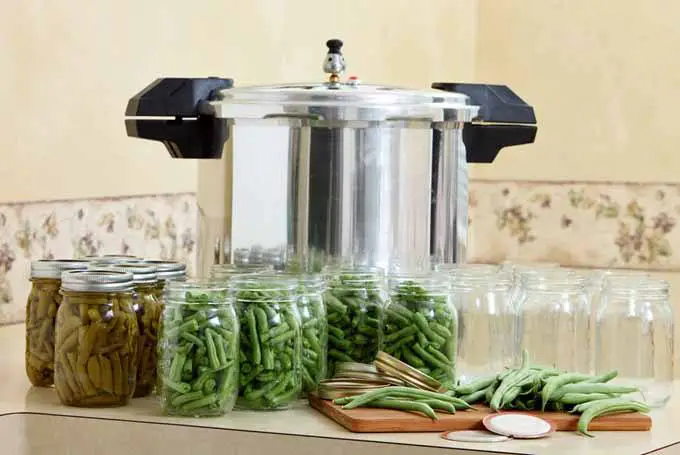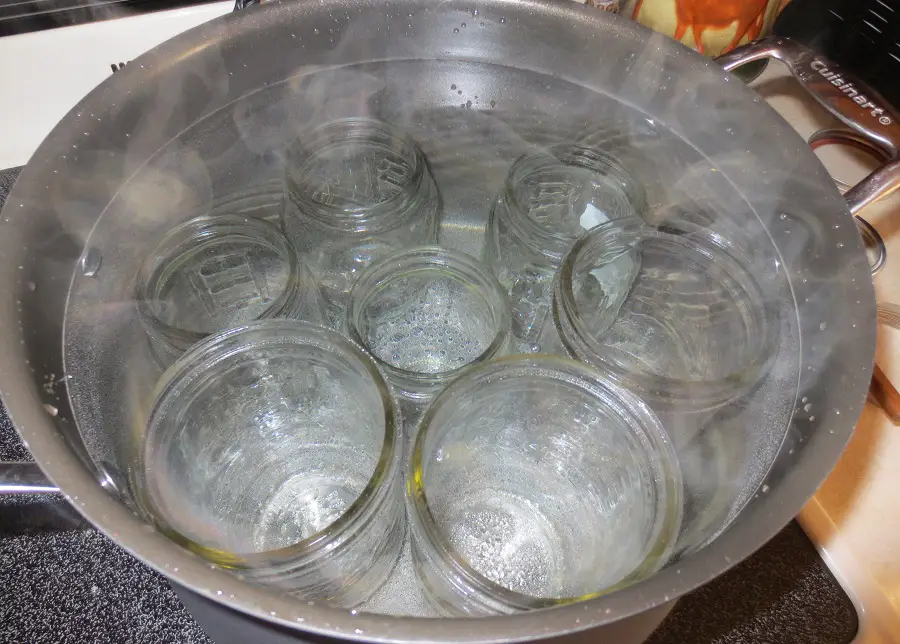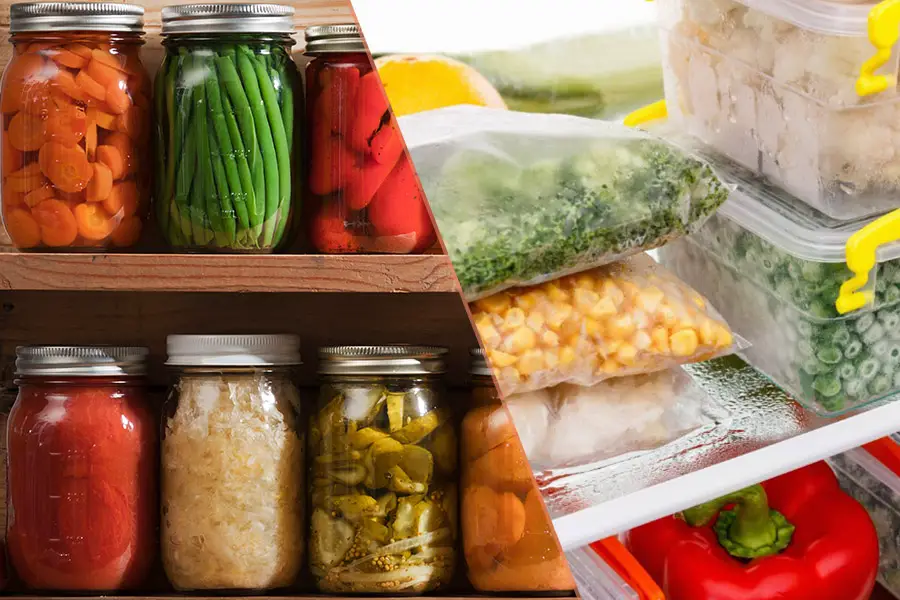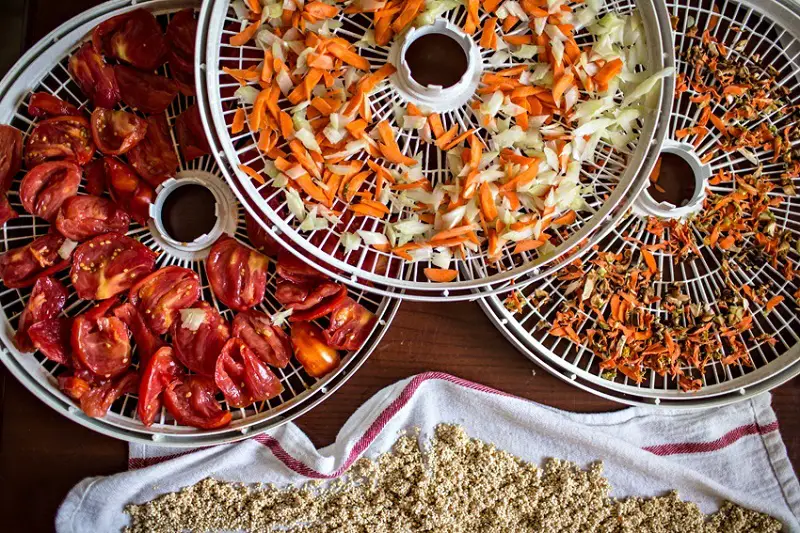The first step in canning food for long term use is to sterilize canning jars in the oven. Whether you have spent lots of time tending your garden and have a bountiful crop, or you have gotten a great deal on a large amount of produce from a farmer’s market or produce stand. Before it spoils and you need to feed it to the chickens or send it to the compost pile, it’s a good idea to can the excess.
There is nothing worse than preparing and canning your food only to have it spoil in the pantry. It’s important to follow all of the best practices, including sterilizing canning jars. Sterilized jars are essential for safe, long-term food storage. The food lasts longer and tastes better when you open the jar years later. There are several ways to sterilize canning jars, including running them through a dishwasher cycle, boiling them in a pot of water, heating them in the microwave or placing them in the oven. https://pressurecanners.com/sterilize-canning-equipment/
Preventing bacteria through sterilization
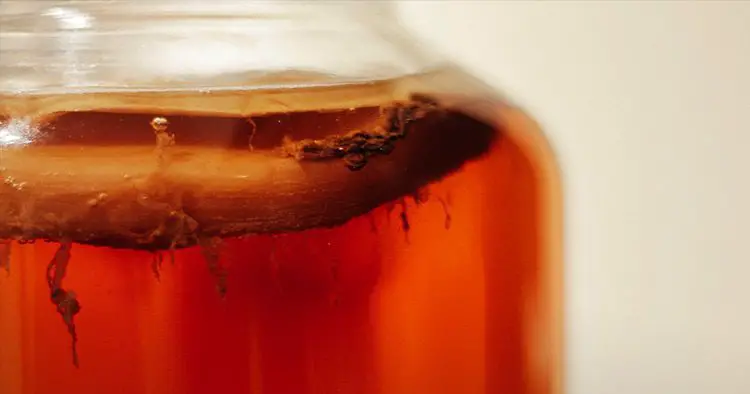
- If canning jars are not sterilized, mold spores can sneak into the jar and grow on the produce. Even a little amount of mold can cause the whole jar to go bad.
- Certain spores of botulism thrive in canned food and the only way to prevent them is to stop the spores from germinating and growing before the jars are sealed. Heat is the best way to kill these spores.
- Bacteria can grow rapidly under the right conditions. Heating food and jars to a high temperature will kill this bacteria and ensure a safe environment to store foods long term.
- Bacteria or micro-organisms are so tiny and can make you sick. New canning rules say that the jars are sterilized enough during the canning process, but most traditional canning professionals are comforted by the safety measures of sterilizing jars.
- Click here for information on food borne bacteria.
Why sterilize jars?
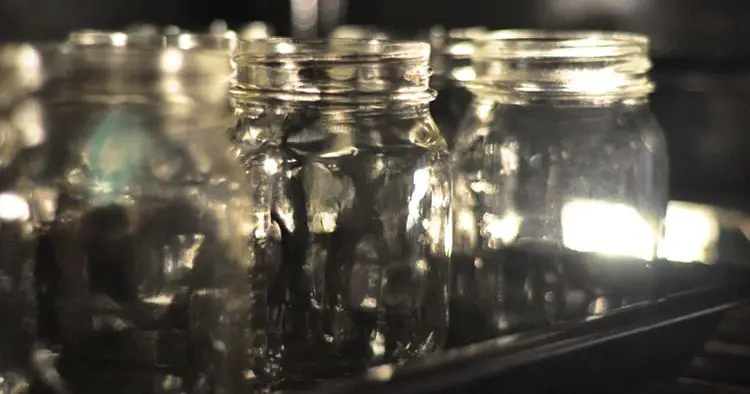
It is important to sterilize canning jars for a couple of reasons.
- Kills the bacteria and micro-organisms that may be on the surface of the jar. Even if you open a fresh pack of canning jars from the store, they are not completely clean. Dust, particles, bacteria and organisms that you can’t see, taste or smell are always among us. This bacteria combined with your foods can cause other organisms to grow that contaminate your food.
- You are putting high quality food in jars for long term storage. Any contaminates on the jar can affect the taste of your product. A clean jar ensures the tomatoes will taste just as wonderful a year from now as they do when you put them in the jar
Advantages of sterilizing canning jars in the oven
- Jars come out totally sterile and dry. Heat of 220 degrees F kills bacteria and sterilizes the jars. Use a dishtowel or air dry the jars completely to make sure all moisture left on the glass is absorbed.
- Using the oven frees the burners on the top of the stove for boiling the lids and preparing your food.
How to sterilize canning jars in the oven?
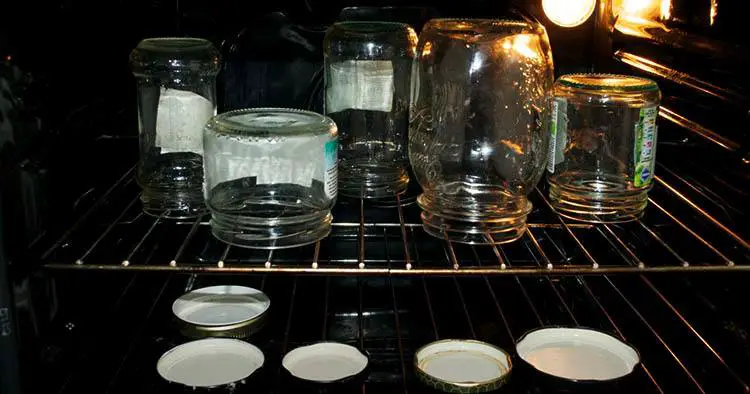
- Wash jars by hand or in the dishwasher. Rinse all of the soap residue thoroughly from the jars. The soap residue will cause your food to taste bad.
- Set the jars to air dry completely.
- Either place the jars on a clean cookie sheet or directly on the clean oven rack.
- Turn on the oven to 200 degrees Fahrenheit. This temperature will kill most bacteria.
- Cook the jars in the oven for at least 20 minutes. Leaving them in longer is just fine. In fact, you want to leave the jars in the oven until you are ready to fill them.
- In the meantime, prepare your foods to can. Make sure the food is nice and hot before you place them in the hot jars. Warning: If you place hot food in cold jars or cold food in hot jars, the jars have the risk of bursting.
- When you are ready to fill the jars, remove them from the oven one at a time. The jars will be hot, so a clean jar handler is very useful for this task. If you don’t have a jar handler, use a clean towel or hot pad. The most important thing is to keep the jars as sterile as possible.
- You can sterilize the caps in the oven as well, but it’s best to boil lids. Remember to use brand new lids for each jar.
Safety rules
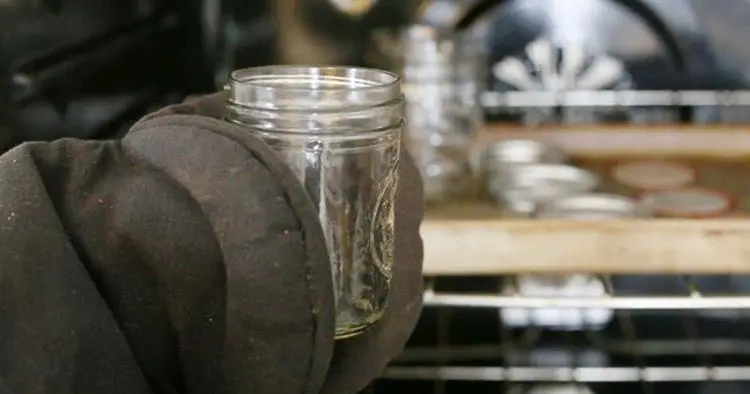
- Jars are hot coming out of the oven. Handle with care. Use a clean towel, clean hot pad or a jar handler.
- Do not put food in a jar that has not been sterilized.
- Leave jars in the oven where they are hot and clean until you are ready to fill them.
- Do not put the jars in a hot oven. Do not turn on the oven until the jars are safely placed in the oven. Putting cold jars in a hot oven can cause them to crack or burst.
Bottom Line
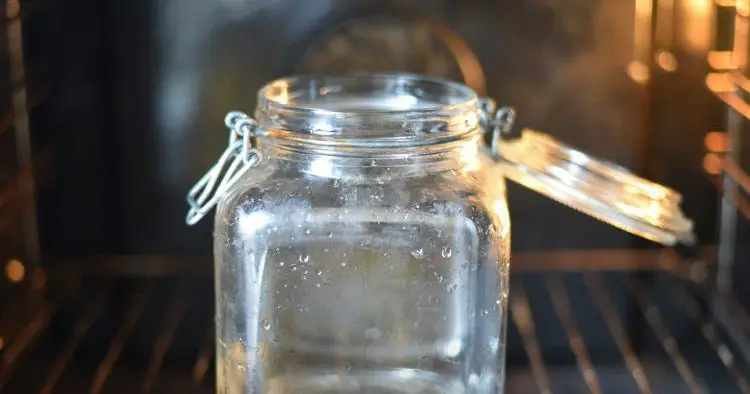
For safety and piece of mind, sterilize canning jars! Your grandmother sterilized her jars and most of her cans lasted ten or 20 years. Canning methods are tried and true. If you are going to go through all of the trouble of buying jars, purchasing equipment, and gathering produce, make certain of a successful product at the end. Sterilizing jars will be that one step that ensures that you have a clean product that will taste wonderful when you pop that seal in the middle of the non-growing season.
